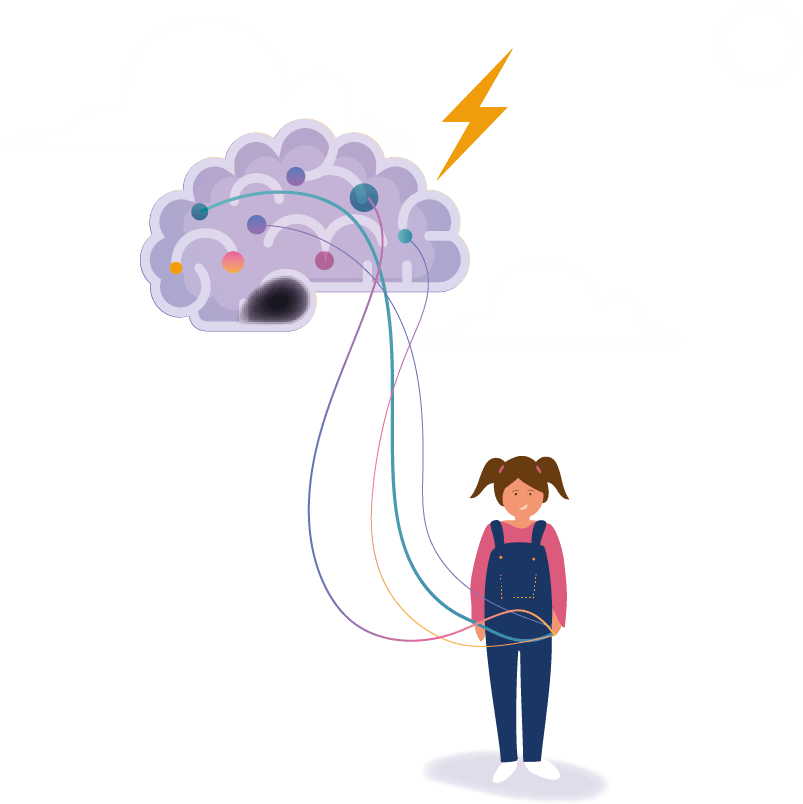SHARE
Signs a Seizure is Coming
Recognizing a seizure is tough because not all seizures include shaking and jerking. Seizures may not even last a minute, and a child’s brain may go back to normal quickly afterward. The risk comes in when a child keeps having seizures. Over time, these repeated seizures can get in the way of growth and education.
Often, even if a child is having seizures, it may not be epilepsy. High fevers and certain illnesses also cause seizures, so it's important to make sure you and your doctor figure out where the seizures are coming from.
Here are some possible signs and symptoms that could help you predict a seizure:
- Blackouts, seeming “out-of-it,” memory troubles, mumbling, or no response
- Sudden falls, frequent stumbling, or unusual clumsiness compared to other children of the same age
- Repeated, unusual movements such as head nodding or rapid blinking
- Sudden stomach pain followed by confusion and sleepiness
- Unusual sleepiness and irritability when woken up
- Children keep telling you things look, sound, taste, smell, or feel "funny"
- Sudden, repeated fear or anger
If any of these signs are happening often, make sure to tell your doctor. If your child is in school, you should ask the teachers if they have noticed these things too. Ask them to look out for and tell you things like:
- How often the behavior happens
- If your child will answer or respond to you when it's happening
- If your child knows or remembers what's going on during and after the behavior
Things That Can Trigger Seizures in Children
Seizure triggers are things that cause seizures in your child. These triggers are different from the things that actually may cause epilepsy. It’s important to take note of these, avoid them, and tell your doctor exactly what triggers your child has.
Fever
Some children have a seizure when their temperature rises above 102 degrees. These are called febrile or fever-caused seizures and in most cases do not lead to epilepsy. They affect children between the ages of 3 months and 6 years.
Missed medication
One of the common causes of a seizure in children with epilepsy is not taking medication as prescribed.
Flashing lights
Flashing or flickering lights caused by sunlight, movies, video games, or computer screens can cause seizures in some people with epilepsy.
Brain disorders
Children who have certain brain conditions, such as cerebral palsy, mental disability, and autism, may be more likely to have seizures.

Hormone changes
Some children with female hormones find that their seizures are more frequent when they go through puberty or at certain points in their menstrual cycle.
Other seizure triggers can include bold patterns; stress or anxiety; and certain things that require a lot of thinking, such as reading or math.